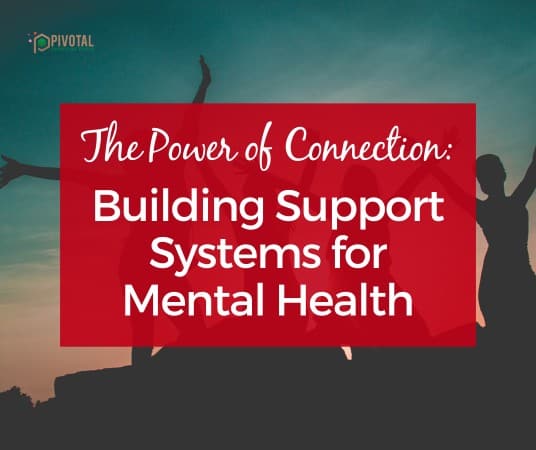
Happy 2020!
Now that we’re a month into our new year, talk of resolutions has died down. But setting goals for the new year can be a great way to engage in self reflection and growth.
The trouble with goals doesn’t seem to be in setting them; people set goals all the time. The problem seems like it’s in achieving them. How many new year’s resolutions have you actually followed through on over the years?
But actually, if you aren’t setting goals properly, you’re not even giving yourself a chance to achieve them! So today we’re going to talk all about how to set goals you’ll actually accomplish.
Here are three things you can do to start setting goals you’ll actually achieve:
Use the SMART method
One method of goal setting is the SMART method. SMART stands for:
- Specific: The key here is to keep goals simple, without making them vague. When your goals are simple & specific you will have a much clearer idea of what needs to be done to achieve them. Vague goals are hard to define and hard to follow through on.
- Measurable: How will you know when you have achieved this goal? A measurable goal is a goal with a clear objective. Ex: “My goal is to read more” is not as measurable, as “I want to read one book a month.”
- Achievable: Goals should motivate you to try something new or to work harder–they should push you and excite you! But setting unattainable goals doesn’t actually push you, it sets you up to feel disappointed and to give up on goals altogether. For example: if you have a hectic schedule but want to move your body more, instead of joining a gym and saying you’ll go there 3x a week, you could instead say “I’m going set aside 10 minutes a day for movement, whether that’s putting music on and dancing around my house, or taking a walk around the block.”
- Relevant: Your goal should matter to you. When setting it ask, is this goal relevant to my life? To my values? To my interests? If you’re setting goals that aren’t relevant to any of those things, you aren’t going to feel motivated to try to achieve them.
- Time Bound: When do you want to achieve this goal by? Giving yourself a time frame in which to achieve your goal can help you structure your progress, and keep track of how close you are to achieving it.
Make value-based goals
You don’t need to use the SMART method to set an accomplishable goal, however. Another way to set a goal that you will actually accomplish is to think about why you want to accomplish that goal, and go from there.
What are your values? For example, if you value community, you might make a goal to join (or form!) a local club, or engage in some type of volunteer work. Investigating your own values and exploring how those values can show up in your daily life is a great way to find new goals you are excited about making. Ask yourself:
- What are my values? (Not sure what your values are? Here’s a list of 70)
- How do I live through those values in my daily life?
- Do those values show up at all in my life?
- What do these values mean to me?
- How can I spend my time in a way that reflects these values?
Asking yourself these questions can help lead you to discover new goals and ideas that you’d never considered before. And when our goals are set based on our core values, since we believe in them, we’re much more likely to achieve them!
Set exciting goals:
If neither of these goal setting methods seems right for you, there’s one more simple trick to keep in mind: keep your goals exciting.
Don’t set a goal just because others are setting similar ones. If you have no interest in running, why are you trying to run a 5k?
Instead, think of the ways you enjoy spending your time. Do you like to cook, to sing, to dance, to read? How can you explore the hobbies you already have, or dip your toes into a new hobby that has always sounded fun to you?
When the goals you set are ones that are fun to achieve, you’ll begin to love the goal setting process. It can be a form of self care: finding things that you are excited to try and pushing yourself to try them. And when you enjoy the process, you’re more likely to continue on setting goals after you’ve achieved your first one!









